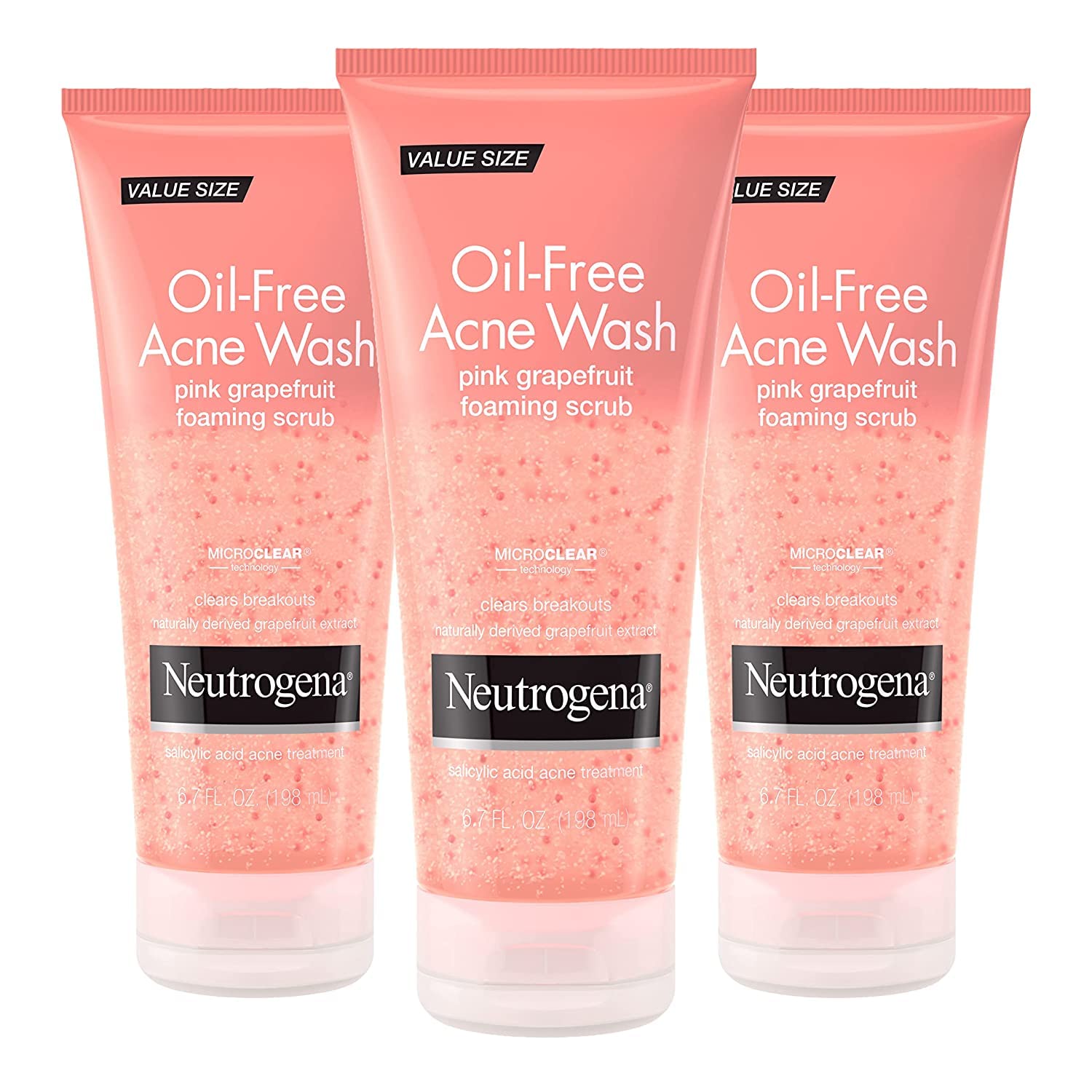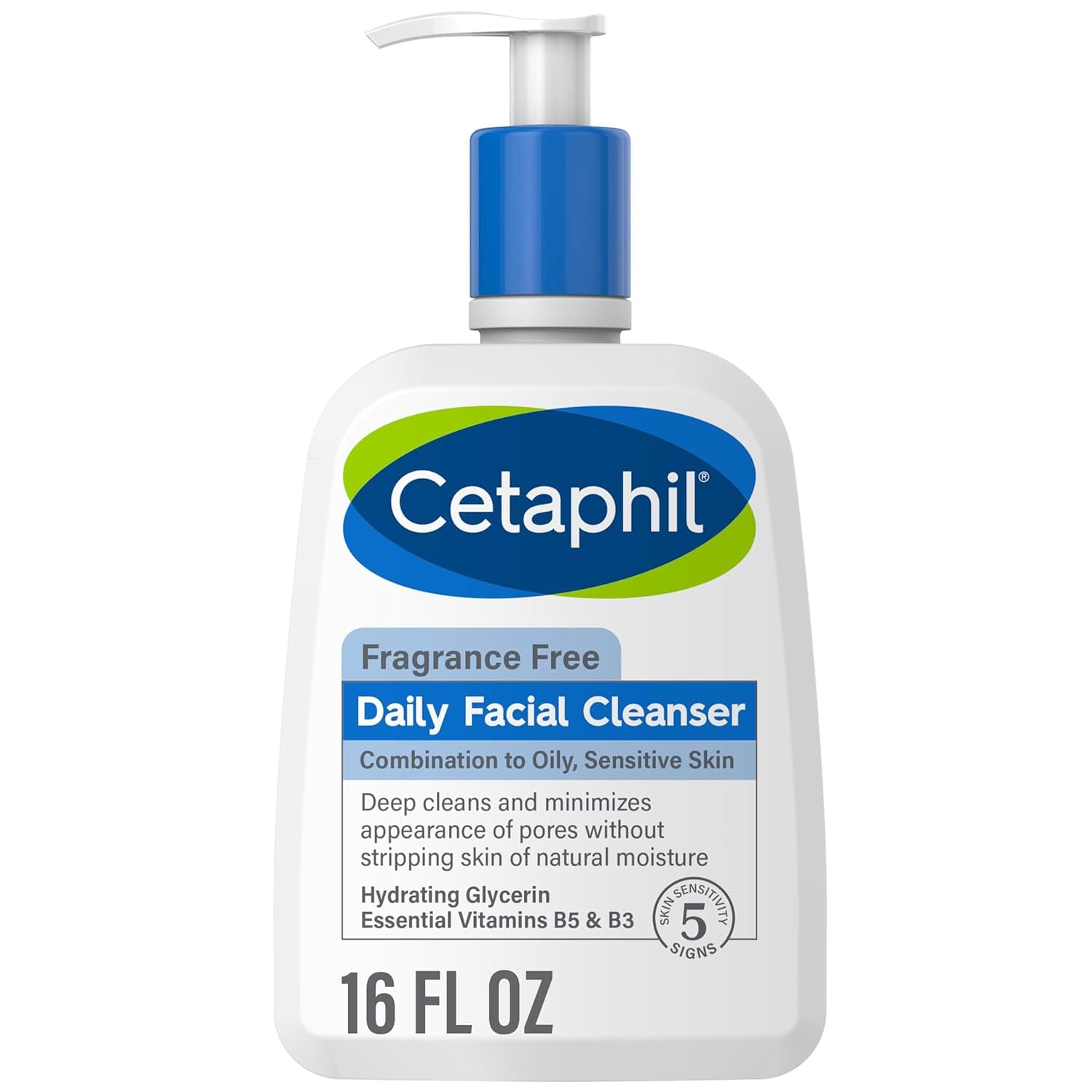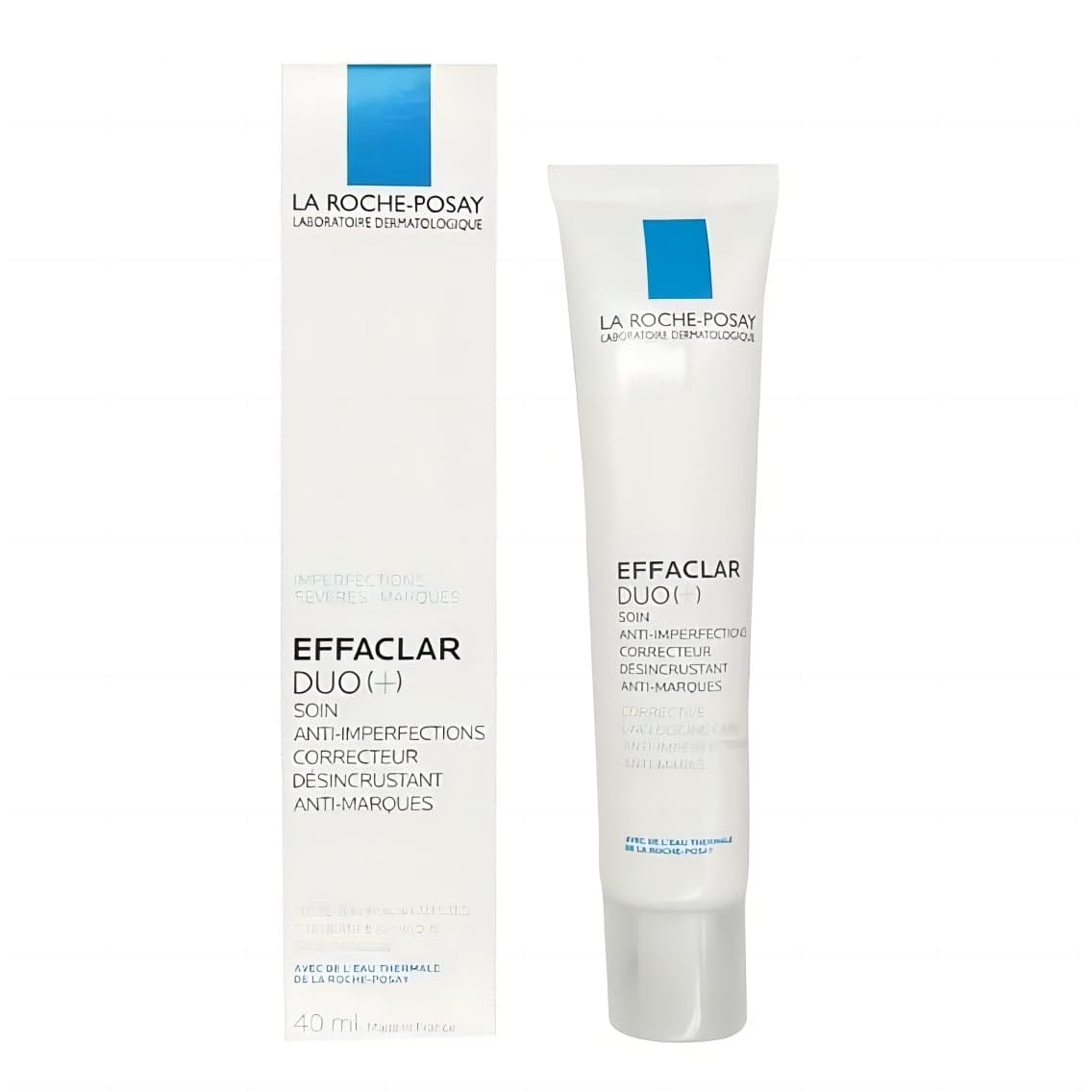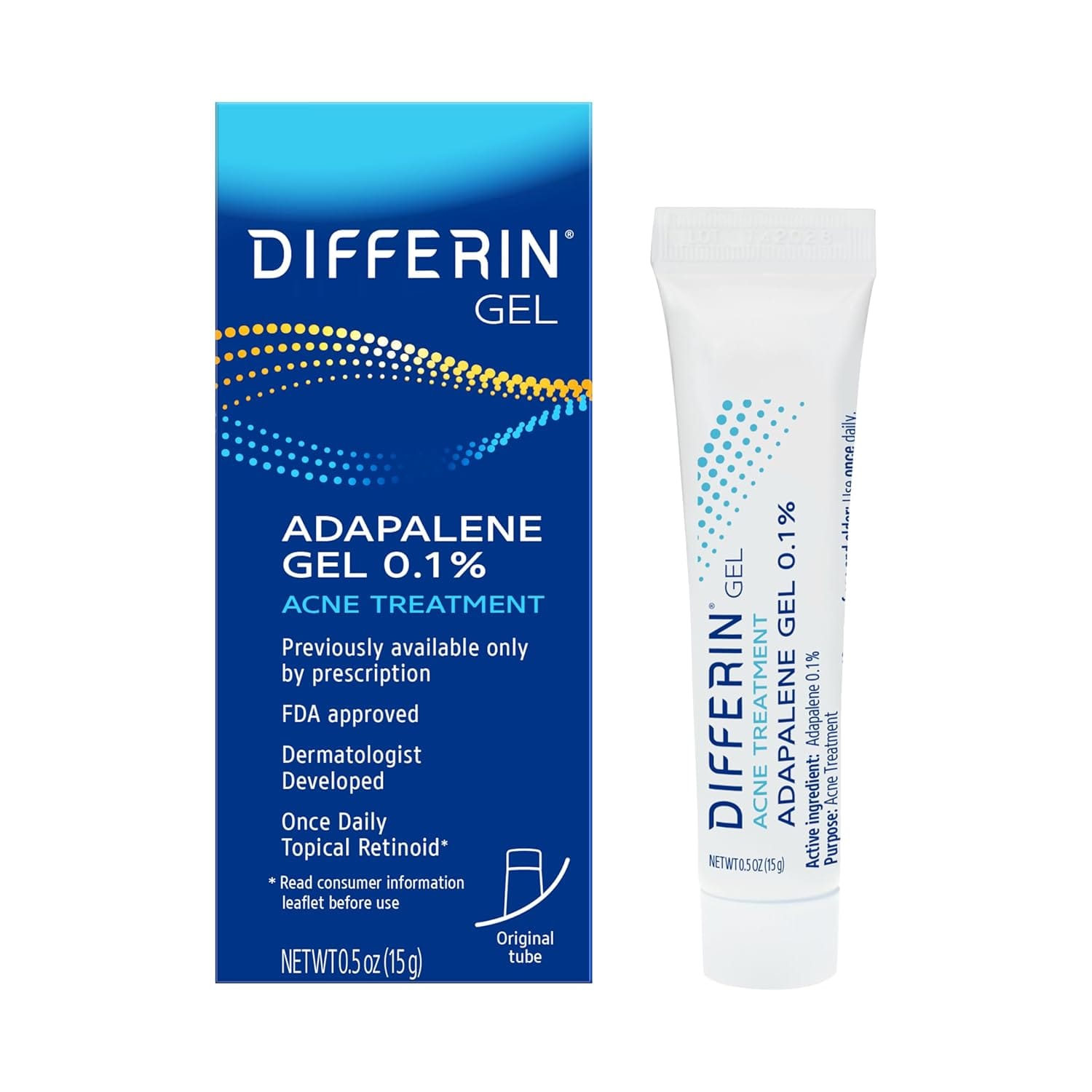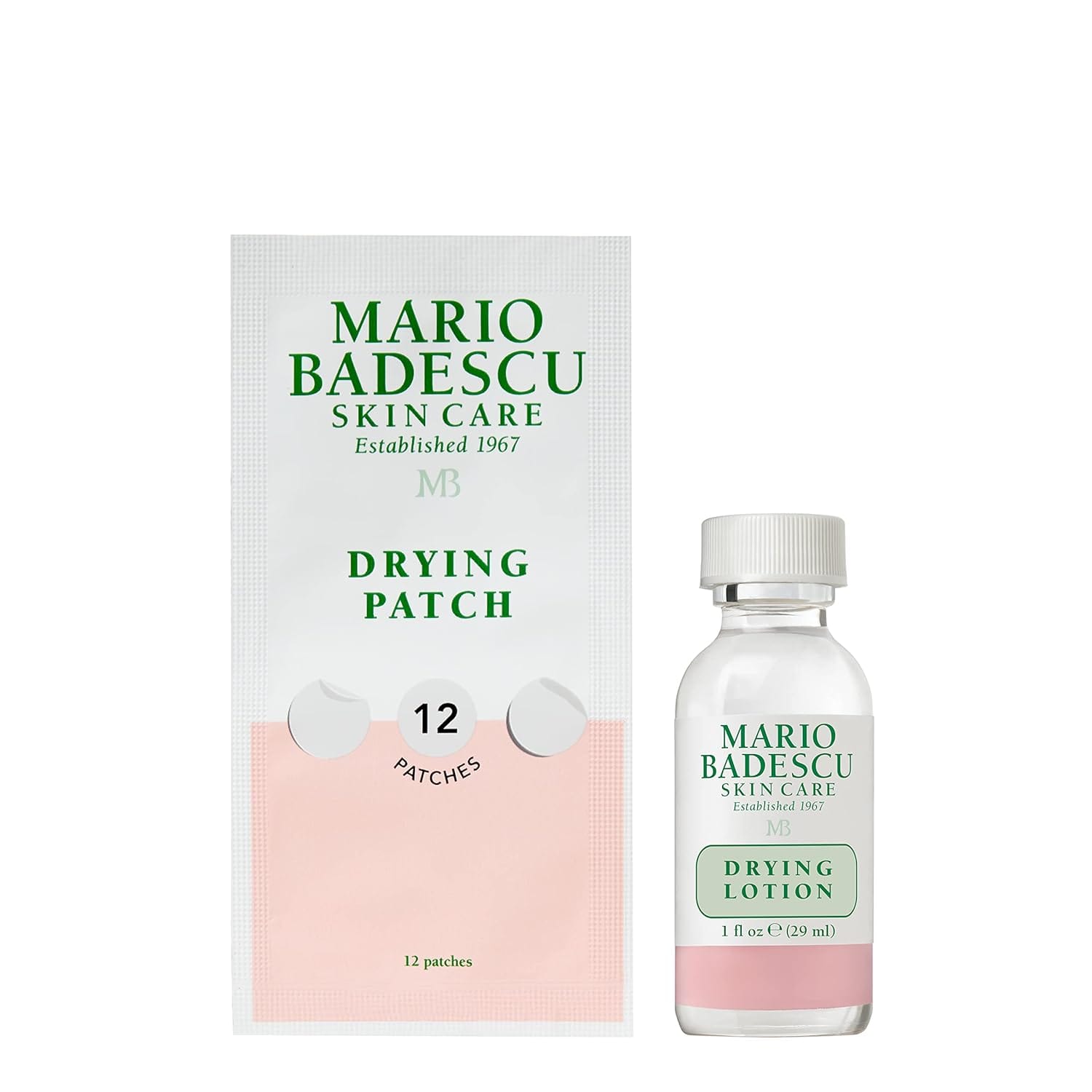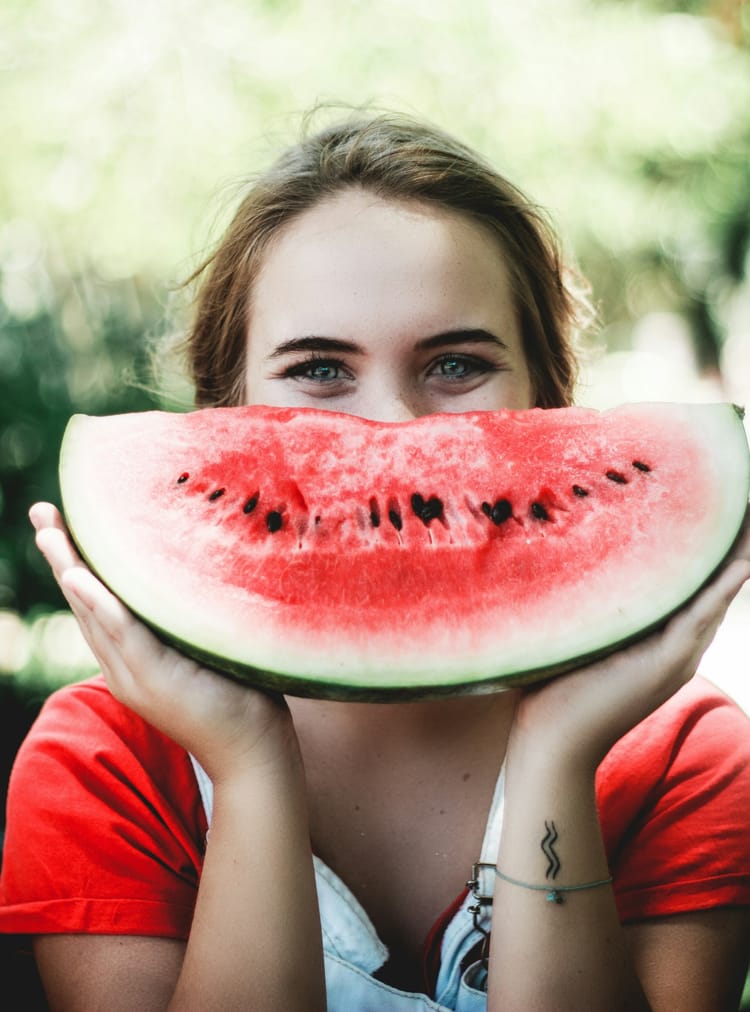Understanding the Correlation Between Hormonal and Adolescent Acne: Guide to Acne Treatment

Learn about the hormonal and inflammatory factors that contribute to adolescent acne, and discover effective cosmetic treatments for this common skin condition.
As teenagers, navigating the rollercoaster of hormonal changes can be challenging, especially when it comes to managing acne.
Understanding the correlation between hormonal fluctuations and adolescent acne is key to finding effective treatment options.
Comprehensive Guide: Hormones and Acne
In this comprehensive guide, we'll delve into the intricate relationship between hormones and acne, exploring various cosmetic treatments to help you achieve clearer, healthier skin.
The Hormonal Connection
Hormones play a significant role in the pathogenesis of acne vulgaris, particularly during adolescence. Androgens, a group of hormones including testosterone, stimulate the sebaceous glands to produce sebum, an oily substance that can clog pores and lead to acne scarring. Hormonal fluctuations, such as those occurring during menstruation, can exacerbate acne in teenage girls. Insulin-like growth factor 1 (IGF-1), a hormone induced by diet, can also influence acne severity by promoting sebum production and follicular hyperkeratinization.
Understanding Acne Severity
Acne severity can vary from mild to moderate to severe, depending on factors such as the number of acne scars, inflammation, and scarring. For many teenagers, acne scars primarily affect the face, appearing as comedones (blackheads and whiteheads), papules, pustules, or nodules. Inflammatory biomarkers further contribute to the inflammation associated with acne, leading to the formation of painful and unsightly pimples.
Cosmetic Treatment Options for Acne
Fortunately, numerous cosmetic acne solutions are available to help manage hormonal and adolescent acne effectively. Topical treatments containing ingredients like benzoyl peroxide, adapalene, and tretinoin can target acne breakouts and decrease sebum production, reducing the incidence of breakouts. Additionally, oral medications such as isotretinoin or oral contraceptives may be prescribed for moderate to severe acne cases.
The Role of Diet and Lifestyle
Dietary factors, such as high glycemic index foods and dairy products, have been implicated in worsening acne symptoms. Consuming antioxidant-rich foods and zinc supplements may help reduce inflammation and promote clearer skin. Maintaining a healthy lifestyle, including regular exercise and stress management, can also support overall skin health and reduce acne flare-ups.
Consultation with a Dermatologist
When dealing with hormonal acne, it's crucial to seek guidance from a board-certified dermatologist. A dermatologist can assess your acne severity, recommend suitable treatments, and monitor your progress over time. They may also perform controlled trials of various medications to determine the most effective regimen for your unique skin concerns.
PRODUCT REVIEW
Attention teens struggling with acne: Are you tired of dealing with stubborn breakouts? Introducing our top-rated acne treatments!
In this review, we'll explore how these products can help you achieve clearer, healthier skin. Join us as we delve into the key ingredients, benefits, and what you need to know about each product.
Say goodbye to acne and hello to confidence!
This post includes affiliate links. To learn more, please check out the full disclosure with all the details.
1. Neutrogena Oil-Free Acne Wash
- Key Ingredients: Salicylic Acid, grapefruit extract plus vitamin C
- Benefits: Targets acne lesions, unclogs pores, and reduces excess oil production.
- What You Should Know: Suitable for daily use, but start with a patch test to avoid irritation.
2. Cetaphil Daily Facial Cleanser
- Key Ingredients: Zinc, Niacinamide
- Benefits: Gently cleanses acne-prone skin, reduces inflammation, and promotes healing.
- What You Should Know: Fragrance-free formula ideal for sensitive skin, use in conjunction with acne medications.
3. La Roche-Posay Effaclar Duo Acne Spot Treatment
- Key Ingredients: Benzoyl Peroxide, Lipo Hydroxy Acid
- Benefits: Targets stubborn acne spots, reduces acne lesion counts, and prevents future breakouts.
- What You Should Know: May cause dryness or irritation, start with once-daily application and gradually increase.
4. Differin Adapalene Gel
- Key Ingredient: Adapalene (Topical Retinoid)
- Benefits: Treats acne by unclogging pores, reducing inflammation, and preventing new breakouts.
- What You Should Know: Apply a pea-sized amount to affected areas at night, use sunscreen during the day as retinoids can increase sun sensitivity.
5. Mario Badescu Drying Lotion
- Key Ingredients: Salicylic Acid, Sulfur
- Benefits: Spot treatment for acne blemishes, helps dry out and heal pimples overnight.
- What You Should Know: Do not shake the bottle, dip a cotton swab into the sediment at the bottom and apply directly to blemishes.
These topical ointments offer effective solutions for teen acne, targeting acne lesion counts and promoting clearer, healthier skin. Remember to incorporate a balanced diet and consult with a dermatologist for resistant cases or medical treatment options.
8 Tips for a Healthy and Shining Skin
Many of us are skin conscious. We often want our skin to look young and healthy and we really do something just to protect our skin from whatever possible harms there may be in our environment. This article explains you the top tips for healthy skin.
Tip 1: Drink Water
Water has long been considered as the most efficient natural treatment or an almost free treatment for any skin condition because of its being alkaline, with pH 7.3. It prevents dehydration which is capable of producing sebum or oil from the sebaceous glands. Your skin needs water in order for it to function best, thus doctors and nutritionists suggest that a daily intake of between 6 to 8 glasses of water per day is highly needed.
Tip 2: Watch Your Diet
Nutrition plays a vital role in skin health too. Specific foods such as those acidic foods and dairy products are said to be effective in causing an allergic reaction in some people. Also, one of the widely debated topics in the area of nutrition today is chocolates. Some say that chocolate does affect the condition of the skin, while others say it doesn’t. Whatever the result may be, the best advice is just to follow a nutritious diet that has a number of fresh fruits and green-leafy veggies, as well as fiber.
Tip 3: Consider Exfoliants
Many experts say that exfoliating your skin is another great way to attain a beautiful skin. So, try to invest in a good body exfoliant or “loofah”, as it is commonly called, as it is capable of eliminating the dead skin cells from your body. Accordingly, this should be done once or twice a week so to free the skin to breathe. What’s more, exfoliants help to put off ingrown hair from developing.
However, it is essential to avoid using any body exfoliant on the skin on the face. The main reason for this precaution is that the facial tissue is more sensitive and finer than those tissues of the body.
Tip 4: Consider a Healthy Routine for Facial Care
When it comes to facial skin care, getting into a healthy beauty routine is not bad. Most of the doctors today greatly suggest that you cleanse, moisturize and tone your skin twice every day. When cleaning, never fail to remember cleaning the area on the neck, including your face. Apply a moisturizer or neck cream after.
Before going to bed at night, always bear in mind to remove all make up. Clean your skin before you sleep, no matter how tired you may feel. It was found out that during the night, the skin goes through a process of elimination and cannot breathe properly if it is clogged with make up. And, you may also find out that sleeping with your make up on will cause your skin to “break out” with spots on it.
When it comes to shaving for men, some men may experience shaving rashes. For many, these rashes lower their self-esteem, but this is actually not a big problem to think about. There are a lot ways to avoid rashes. Perhaps one of the best is to make sure that when shaving, the razor strokes are following the direction of hair growth. That’s simply it!
Tip 5: Heal Your Feet
When it comes to skin care, the feet are often neglected. So, if care you found no time for a professional pedicure, try to fill a football or basin with warm water and add your favorite essential oil. Soak your feet for about fifteen minutes. Then, dry them and apply a rough skin remover onto them. Rinse this off and dry you feet well. And, if you consider pedicure, simply add some body cream to your feet for an easy and quick fix pedicure.
Tip 6: Avoid Too Much Exposure to the Sun
One of the most common precautions when it comes to skin care is avoiding too much exposure to the sun. As you may know, over exposure to sunlight causes sunburn. So, while current sun blocks only block out the UVB rays and still let in harmful UVA rays, it is still wise to cover up before venturing into the hands of Apollo. If possible, use a wide brimmed hat while tending your garden to keep the sun from your face.
Tip 7: Exercise
Aside from considering a healthy diet, exercising your body also helps keep your skin healthy. Note that a proper exercise does not only keep the body fit by regulating the oxygen; it also improves the glow of the skin as well.
Tip 8: Take Enough Rest
One common problem that face people is stress; the one which is not normal. It was found out that when a person is stressed, the adrenal cortex converts adrenal androgens to the hormone testosterone in male and female, which in turn results in overactive sebaceous glands. These adrenal androgens are released causing a double amount of testosterone, causing the face to be oily, while other areas of the body are still dry from dehydration. So, taking proper rest that includes 6 to 8 hours of undisturbed sleep daily is the best way to rejuvenate the skin.
Last Thoughts
Navigating hormonal fluctuations and adolescent acne can be challenging, but with the right knowledge and treatment approach, clearer skin is within reach.
By understanding the correlation between hormones and acne, exploring cosmetic treatment options, and prioritizing lifestyle factors, teenagers can effectively manage their acne and boost their confidence during this transformative stage of life.
Remember, you're not alone in your acne journey, and seeking professional help is a crucial step towards achieving healthy, radiant skin.
FAQs
We answer your questions
1. What is acne and what causes it?
Acne is a common skin condition that occurs when hair follicles become clogged with oil and dead skin cells. Several factors can contribute to acne, including hormonal changes during adolescence, bacterial infections, and genetic predisposition.
2. How can I help my teen with the treatment of acne?
The treatment of acne involves a combination of topical and oral medications, along with proper skincare routine. It is important to consult a dermatologist for personalized treatment recommendations based on the severity of the acne.
3. Is acne in teenagers related to hormonal changes?
Yes, adolescent acne is often driven by hormone fluctuations, particularly increased levels of androgens. These hormones can stimulate the sebaceous glands to produce more oil, leading to acne scars.
4. Are there specific skincare products for teens prone to acne?
There are various cosmetic products formulated for acne-prone skin, such as oil-free moisturizers and non-comedogenic makeup. Look for products labeled as suitable for acne-prone skin.
5. What are some common acne treatments for teenagers?
Common acne treatments for teenagers include benzoyl peroxide gels, salicylic acid cleansers, and prescription medications like isotretinoin for severe cases. A dermatologist can recommend the most effective treatment based on individual needs.
6. Can diet and lifestyle choices affect teen acne?
Yes, certain dietary factors and lifestyle habits can influence acne development. High glycemic index foods such as dairy products, and diets rich in processed sugars and fats are believed to exacerbate acne symptoms in some individuals. Poor lifestyle choices such as lack of exercise, inadequate sleep, and high stress levels can contribute to hormonal imbalances and inflammation, which may worsen acne. Conversely, adopting a balanced diet rich in fruits, vegetables, lean proteins, and whole grains, along with regular exercise and stress management techniques, can promote overall skin health and may help alleviate acne symptoms.
Disclaimer
The information provided in this blog regarding acne is intended for general informational purposes only and should not be considered as medical advice. It is not a substitute for professional medical diagnosis, treatment, or advice. Always consult with a qualified healthcare provider or dermatologist for personalized recommendations and treatment options tailored to your specific skin condition. Additionally, individual results may vary, and the effectiveness of treatments can depend on various factors such as skin type, severity of acne, and underlying health conditions.
Resources
- https://www.byrdie.com/best-skincare-routine-for-acne-7546272
- Hilary Baldwin, Jerry TanAm J Clin Dermatol. Effects of Diet on Acne and Its Response to Treatment. 22(1): 55–65. Published online 2020 Aug 3. doi: 10.1007/s40257-020-00542-yCorrection in: Am J Clin Dermatol. 2021; 22(1): 67.PMCID: PMC7847434 Accessed 15/1/2024
- Alexander KC Leung, Benjamin Barankin, Joseph M Lam, Kin Fon Leong, Kam Lun HonDrugs Context. 2021; 10: 2021-8-6. Published online 2021 Oct 11. doi: 10.7573/dic.2021-8-6PMCID: PMC8510514 https://www.ncbi.nlm.nih.gov/pmc/?term=what+is+acne Accessed 15/1/2024
- Zhirong Yang, Yuan Zhang, Elvira Lazic Mosler, Jing Hu, Hang Li, Yanchang Zhang, Jia Liu, Qian Zhang, Cochrane Skin Group Cochrane Database Syst Rev. 2020; 2020(3): CD011154. Topical benzoyl peroxide for acne Published online 2020 Mar 16. doi: 10.1002/14651858.CD011154.pub2

